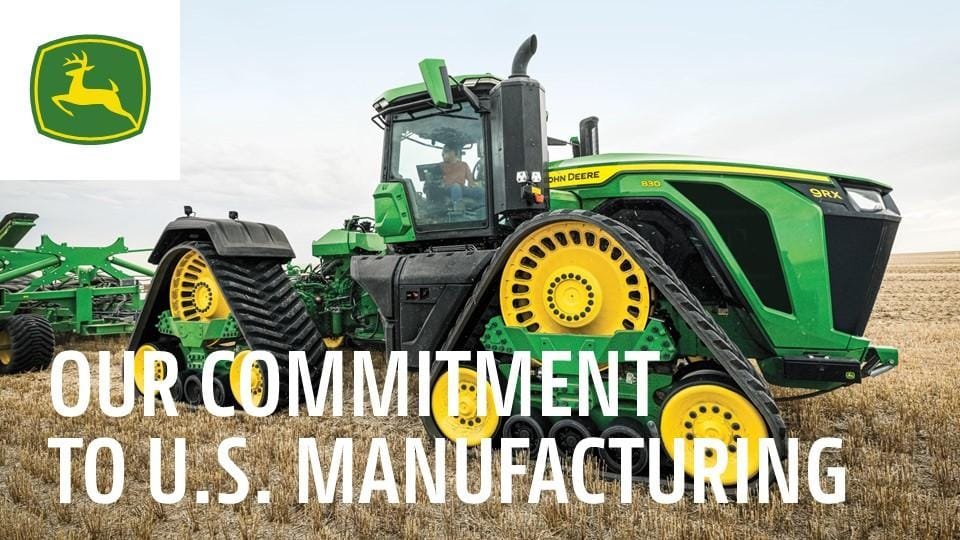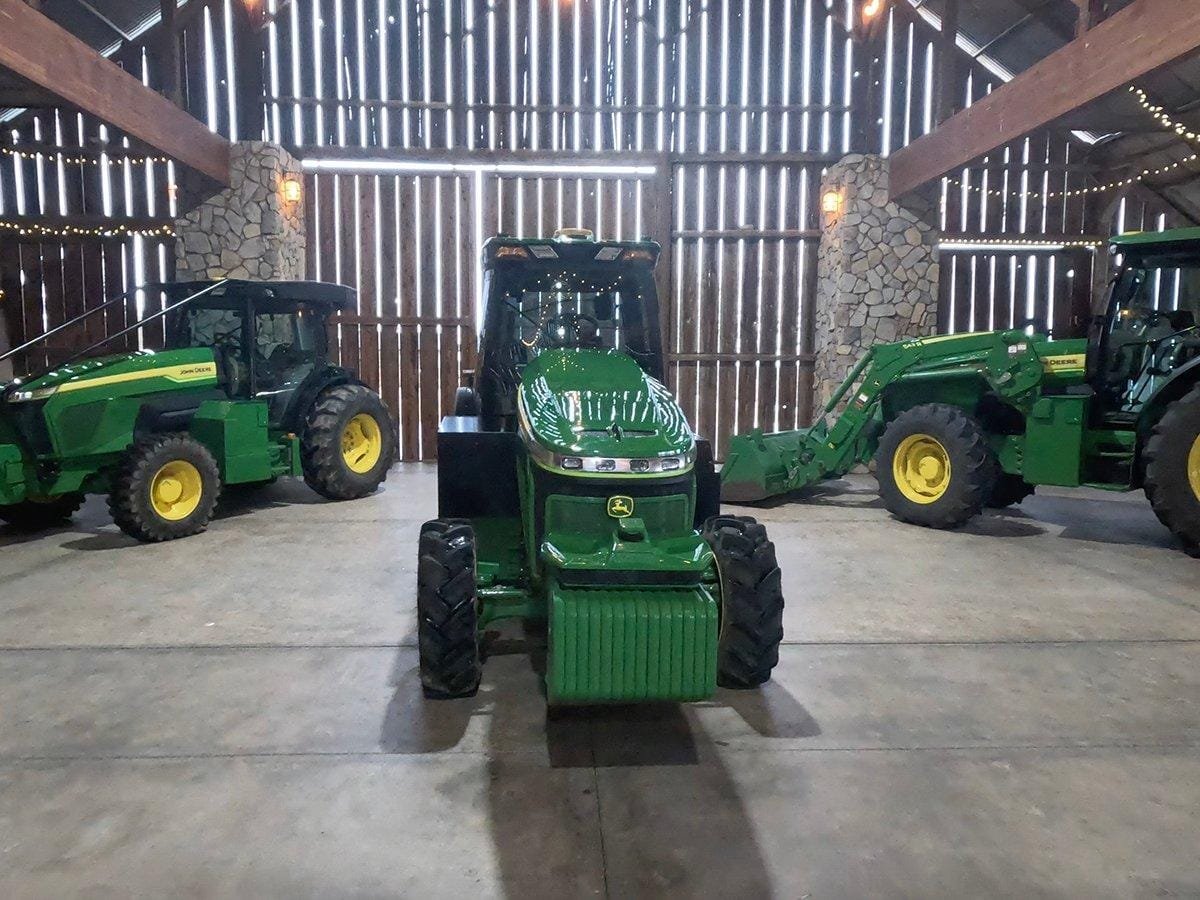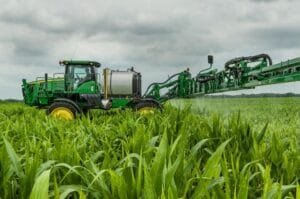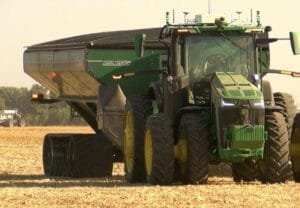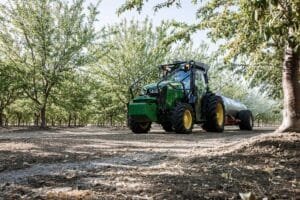John Deere’s latest venture into sustainable agriculture has materialized with the testing phase of its first electric farm tractors. The agricultural equipment manufacturer is advancing its green technology initiatives by introducing battery-powered vehicles designed to perform traditional farming tasks while reducing environmental impact. This growth marks a significant step in the evolution of farm machinery, as the industry seeks solutions to minimize carbon emissions while maintaining operational efficiency. John Deere’s latest innovation marks a significant shift in agricultural machinery, as the company unveils its prototype electric tractors for field testing. The agricultural equipment manufacturer has developed two models, featuring advanced battery technology and zero-emission operations, currently undergoing rigorous evaluation in various farming conditions.These electric tractors incorporate high-capacity lithium-ion battery packs, engineered to deliver sustained power throughout extended working hours. The power management system optimizes energy consumption, allowing farmers to complete their daily tasks while maintaining operational efficiency. Initial testing indicates these vehicles can operate for approximately 8 hours on a single charge under normal working conditions.
The tractors’ electric drivetrain eliminates the need for traditional diesel engines, reducing maintenance requirements and operating costs.Farmers benefit from lower noise levels, which improves working conditions and reduces noise pollution in rural areas. The absence of exhaust emissions aligns with growing environmental regulations and sustainable farming practices.
Field trials are currently taking place across different agricultural regions, exposing the tractors to varying soil conditions, weather patterns, and farming applications. These tests evaluate performance in tasks such as plowing, harvesting, and transportation of agricultural materials. Early feedback suggests comparable performance to conventional diesel-powered tractors in terms of torque and pulling power.
The charging infrastructure represents a crucial aspect of the testing phase. Deere has developed rapid charging solutions that can restore up to 80% battery capacity within two hours. The company is also exploring solar-powered charging stations for remote agricultural locations, addressing potential infrastructure challenges in rural areas.
Data collection during the testing phase focuses on real-world performance metrics, including power output, battery longevity, and operational efficiency across different climate conditions. This data guides further refinements before commercial release,ensuring the tractors meet farmers’ demanding requirements.The electric tractors feature advanced digital systems that monitor power consumption, operational status, and maintenance needs in real-time. These smart capabilities allow farmers to optimize their working patterns and manage power resources effectively. The integration with Deere’s existing precision farming technologies enhances overall farm management capabilities.
Economic considerations remain central to the development process. While initial purchase costs may exceed traditional tractors, the reduced operating expenses and maintenance requirements could offer long-term cost benefits. Government incentives for electric agricultural equipment may also influence market adoption rates.
The testing phase includes collaborations with agricultural research institutions and selected farming operations, providing diverse perspectives on practical applications and potential improvements. This feedback loop ensures the final product addresses specific needs across different farming sectors and operational scales.
